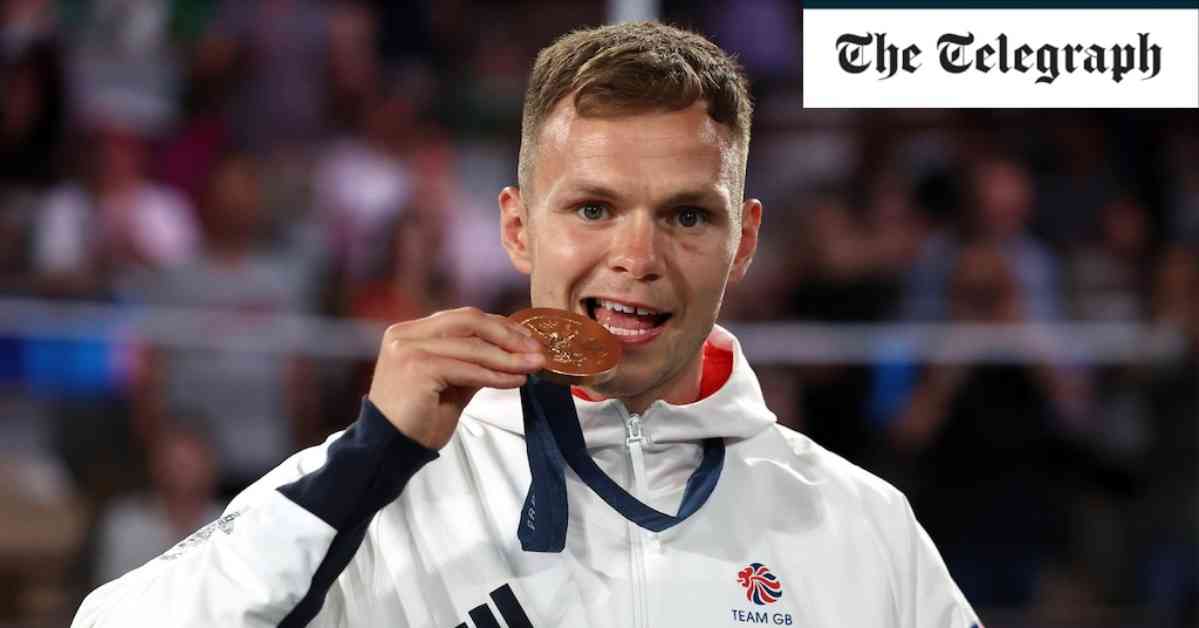Great Britain’s only boxing medal at the Olympics, a bronze won by Lewis Richardson, came at a high cost of over £12 million in funding from UK Sport. This made boxing the most expensive sport in terms of funding, with cycling being both the most expensive and the most successful sport overall at the Games.
Despite the success of cycling, boxing’s future at the Olympics is uncertain, as the sport is not currently listed on the schedule for the next Olympic Games in Los Angeles in 2028 due to ongoing disputes between the International Olympic Committee and the International Boxing Association.
Team GB exceeded their target of winning between 50 to 70 medals in Paris, finishing with a total of 65 medals. The cost per medal averaged out to be around £3,782,118, with UK Sport investing a total of £245,837,685 during the Paris Olympic cycle, funded by the government and National Lottery income.
In addition to boxing and cycling, other sports that received significant funding included rowing, sailing, athletics, and taekwondo. Rowing produced eight medals, including three golds, at a cost of £2.98 million per medal. Sailing had two medals, with one gold, costing £11.4 million each. Athletics had 10 medals, with Keely Hodgkinson’s 800m triumph standing out, costing £2.23 million per medal.
Taekwondo had the third highest cost per medal after boxing and sailing, with Caden Cunningham’s silver medal in the Men’s +80 kg category costing £8.3 million. On the other hand, hockey, judo, and modern pentathlon were among the sports that received high funding but did not produce any medals in Paris.
Interestingly, Tommy Fleetwood’s silver medal in golf came at no cost to UK Sport, as golf does not receive any Olympic funding. This highlights the varying levels of investment and success across different sports in the Olympic Games, and the importance of strategic funding decisions to achieve desired outcomes in international competitions.












